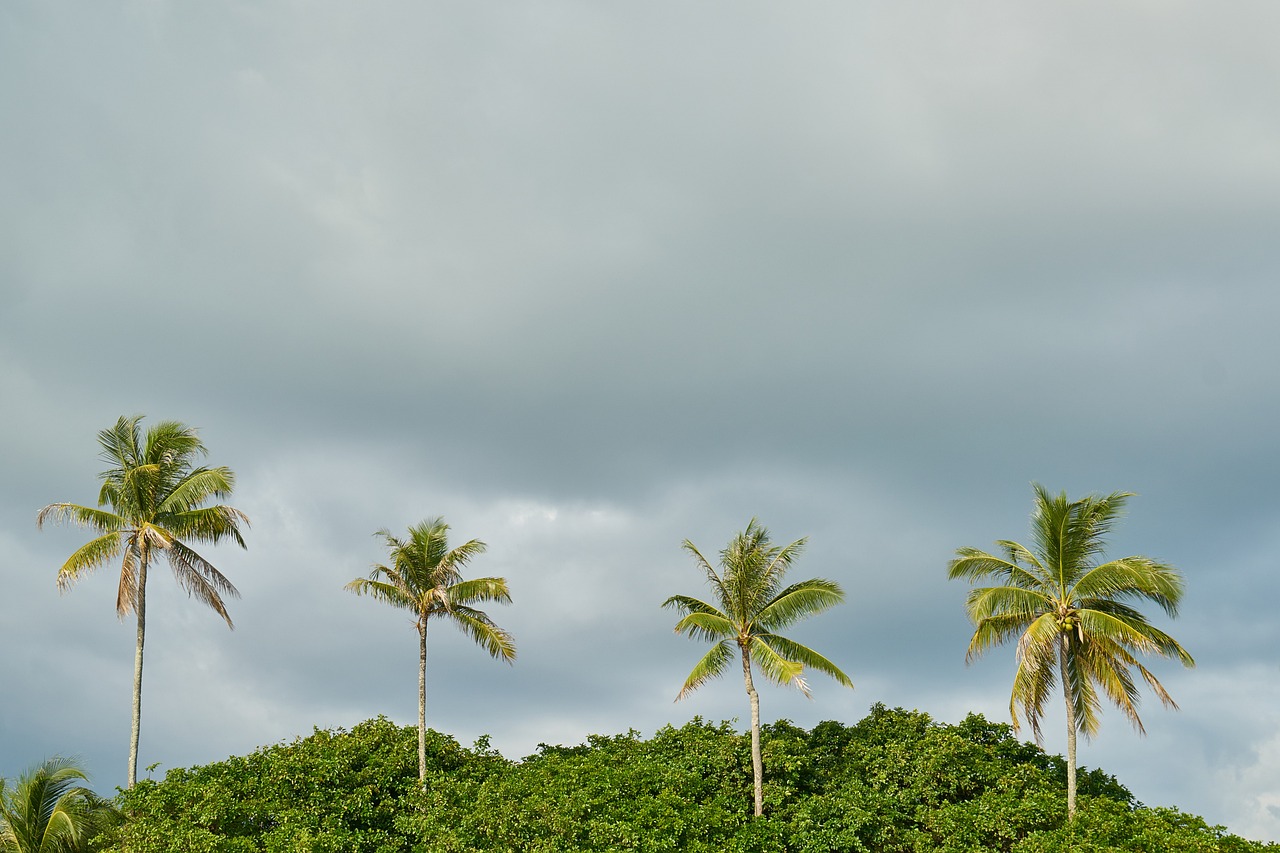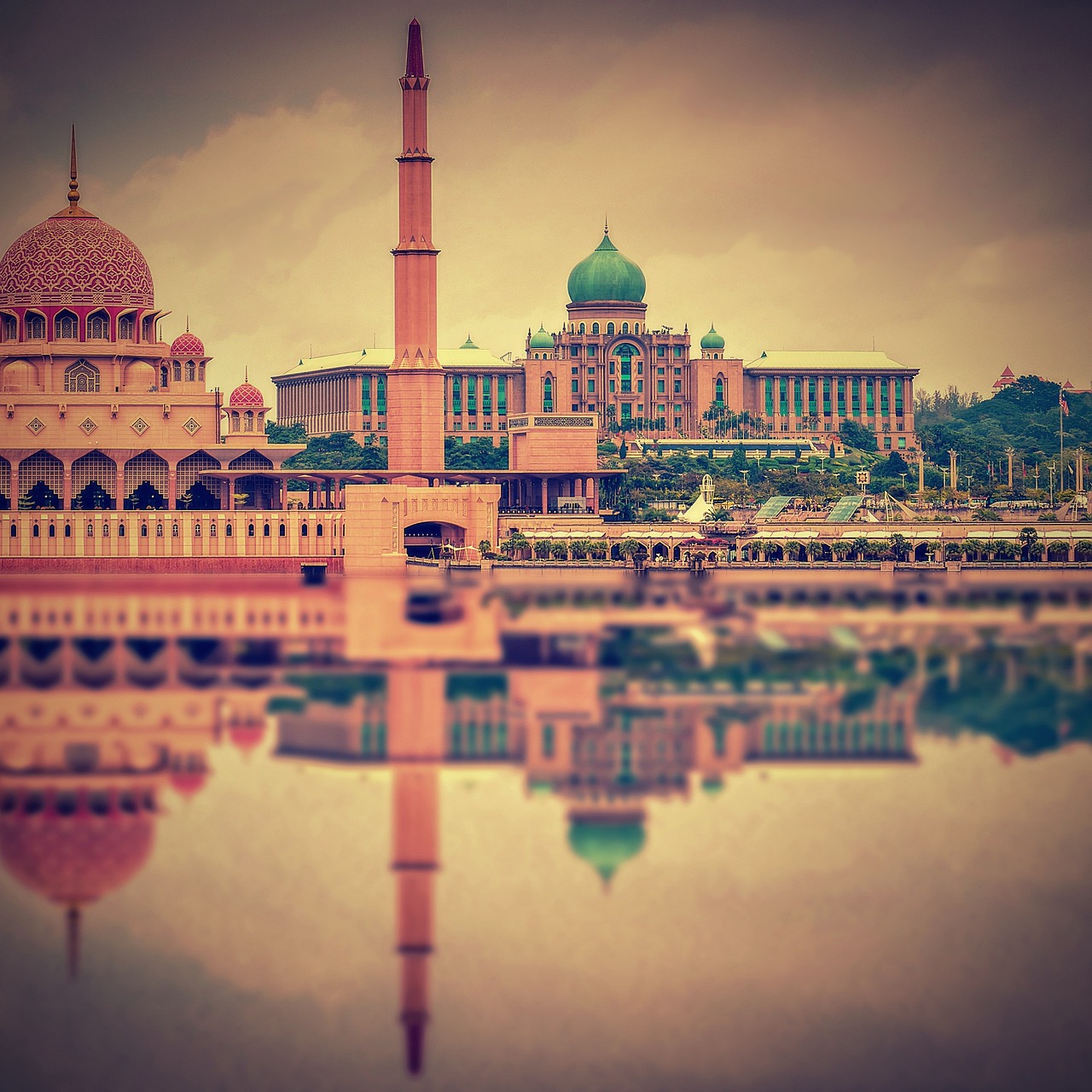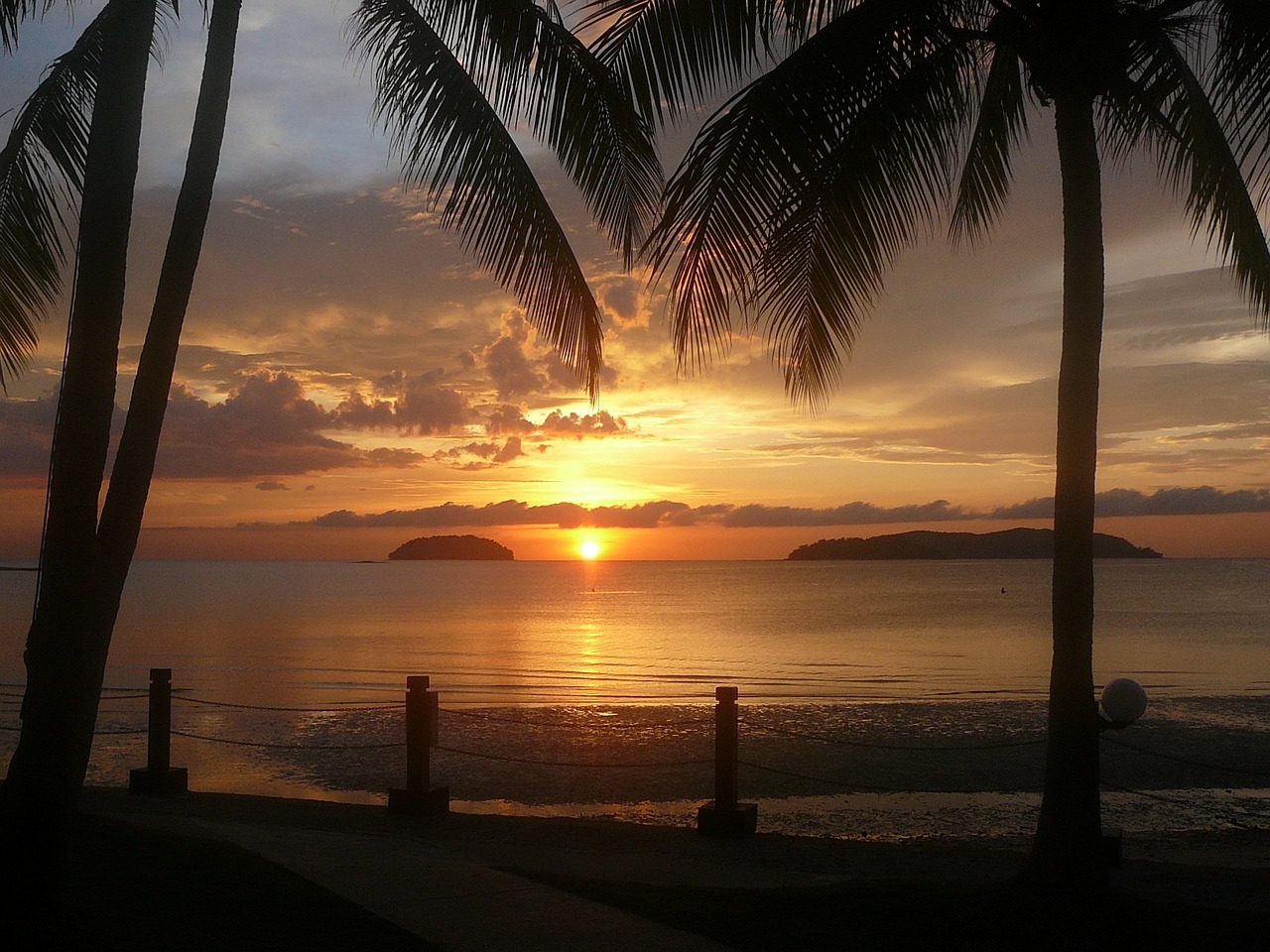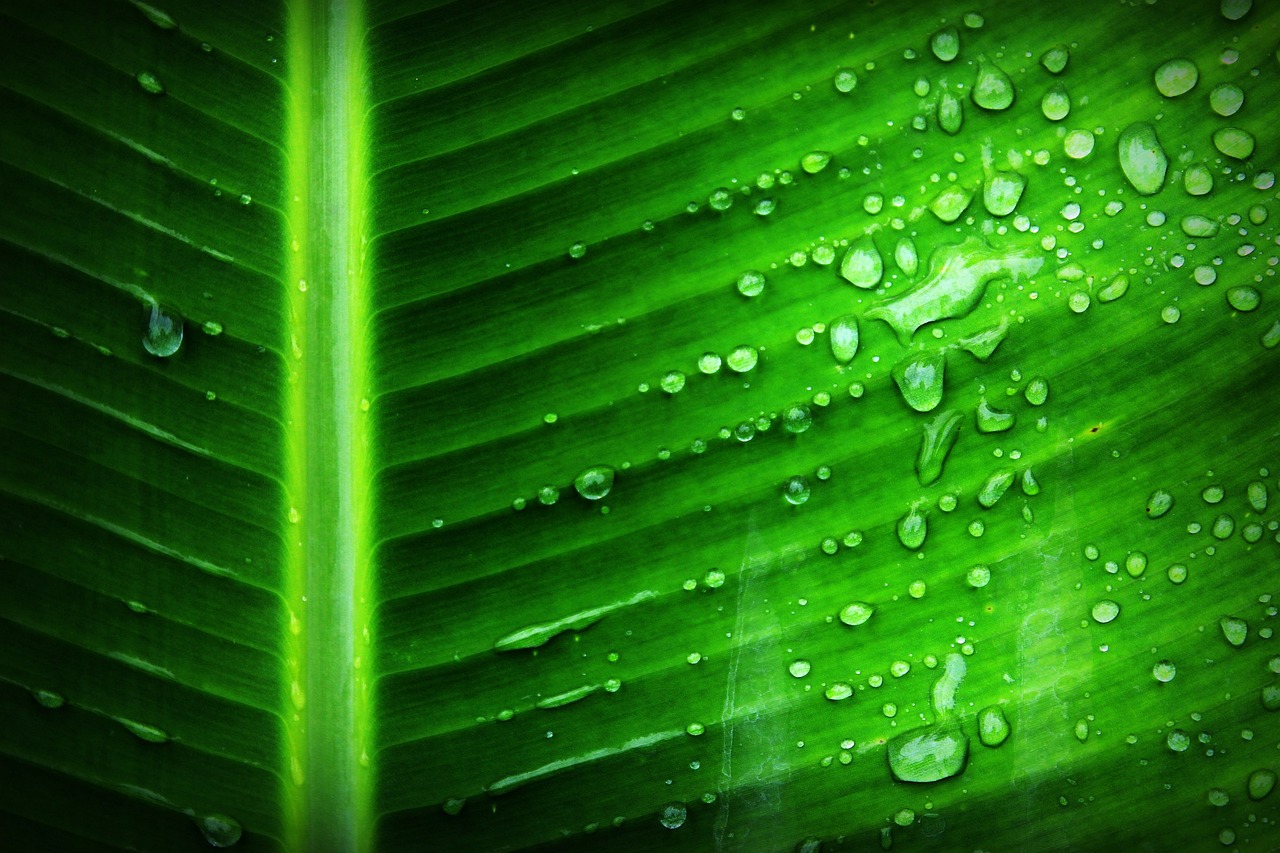Malaysia Video
Cultural Sensitivities: Understanding Local Norms in Malaysia
Malaysia is a diverse country in Southeast Asia known for its rich cultural heritage, stunning landscapes, and vibrant cities. As a visitor to Malaysia, it is essential to understand and respect the local norms and cultural sensitivities to ensure a positive and enjoyable experience. This article aims to provide detailed information about various aspects of Malaysian culture and etiquette that visitors should be aware of.
Religion and Spirituality
Malaysia is a multicultural country with Islam being the official religion. Islam plays a significant role in the lives of Malaysians, and it is important to respect and understand Islamic customs and practices. Other religions, such as Buddhism, Hinduism, and Christianity, are also practiced by different communities in Malaysia.
- Prayer: Muslims pray five times a day, and it is customary for them to find a quiet place to perform their prayers. Avoid interrupting or entering prayer areas during prayer times.
- Dress Code: When visiting religious sites or interacting with locals, it is respectful to dress modestly. For women, it is advisable to cover the shoulders and knees. Wearing shorts or revealing clothing may be considered disrespectful.
- Non-Muslim Practices: While non-Muslims are not required to follow Islamic practices, it is important to be mindful of cultural sensitivities. For example, avoid eating or drinking in public during the month of Ramadan when Muslims are fasting.
Language and Communication
Malaysia is a multilingual country with Malay (Bahasa Malaysia) being the national language. English is widely spoken, especially in urban areas and tourist destinations. Chinese dialects and Tamil are also spoken by specific communities. Here are some tips for effective communication:
- Greetings: Malaysians often greet with a handshake or a slight bow. Addressing people with their titles and surnames is appropriate until you are invited to use their first names.
- Language Usage: English is commonly used in business and tourism. However, learning a few basic phrases in Malay, Chinese, or Tamil can go a long way in showing respect and building rapport with locals.
- Non-Verbal Communication: Malaysians value personal space and may stand at a slightly greater distance during conversations. Maintaining eye contact is seen as a sign of respect, but prolonged eye contact may be considered intrusive.
Food and Dining Etiquette
Malaysia is renowned for its diverse and flavorful cuisine influenced by Malay, Chinese, and Indian cultures. When enjoying Malaysian food or dining with locals, keep these cultural norms in mind:
- Halal Food: Many Malaysians follow halal dietary restrictions. Respect these practices by avoiding pork products and ensuring that the food you consume is halal-certified if you have specific dietary requirements.
- Sharing Meals: Malaysian dining often involves sharing dishes. It is customary to wait for the host to invite you to start eating before you begin. Use serving spoons or clean utensils to take food from communal dishes.
- Eating with Hands: In some Malaysian communities, it is common to eat with hands. If you choose to do so, use your right hand as the left hand is considered unclean.
Social Etiquette
Understanding social norms and etiquette in Malaysia can help you navigate social interactions more smoothly:
- Respecting Elders: Malaysians hold great respect for their elders. It is customary to greet and defer to older individuals first and use appropriate titles when addressing them.
- Removing Shoes: When entering homes, places of worship, or certain establishments, it is customary to remove your shoes. Look for cues or signs indicating this practice.
- Gift Giving: When presenting gifts, use both hands as a sign of respect. Avoid giving items made of pork or alcohol to Muslim recipients.
Image 1: Malaysia

Arts and Culture
Malaysia boasts a rich cultural heritage that is reflected in its traditional arts, music, and dance forms. Here are some notable aspects of Malaysia’s arts and culture scene:
- Traditional Music: Traditional Malay music often features instruments like the gamelan, which is a percussion ensemble. Chinese and Indian communities also have their unique music traditions.
- Traditional Dance: Traditional dance forms like the Malay joget, Chinese lion dance, and Indian Bharatanatyam are vibrant and expressive. These dances often depict stories and cultural symbols.
- Art and Crafts: Malaysian artisans are known for their intricate batik fabric, wood carvings, and traditional weaving techniques. Support local artists by purchasing authentic Malaysian crafts.
Image 2: Malaysia

Festivals and Celebrations
Malaysia is known for its vibrant festivals that showcase the country’s multicultural diversity. Some major festivals celebrated in Malaysia include:
- Hari Raya Aidilfitri: Also known as Eid al-Fitr, this festival marks the end of Ramadan and is celebrated by Muslims with feasting, visiting relatives, and seeking forgiveness.
- Chinese New Year: Celebrated by the Chinese community, this festival involves family reunions, exchanging gifts, and vibrant lion and dragon dance performances.
- Deepavali: Also known as Diwali, this Hindu festival of lights is celebrated with colorful decorations, fireworks, and the sharing of sweets.
Nature and Environment
Malaysia is blessed with abundant natural beauty, including stunning rainforests, pristine beaches, and diverse wildlife. When exploring Malaysia’s natural wonders, keep these considerations in mind:
- Environmental Conservation: Respect nature and follow responsible tourism practices. Avoid littering, stay on designated trails, and support eco-friendly initiatives.
- Wildlife Encounters: If you encounter wildlife, maintain a safe distance and avoid feeding or touching them. Follow any guidelines provided by park authorities or guides.
- Marine Conservation: When engaging in water activities, such as snorkeling or diving, be mindful of coral reefs and marine life. Avoid stepping on or damaging coral reefs.
Image 3: Malaysia

Conclusion
By understanding and respecting the cultural sensitivities and local norms in Malaysia, you can enhance your travel experience and foster positive interactions with the locals. Embrace Malaysia’s rich cultural diversity, try local customs and cuisines, and immerse yourself in the beauty of this captivating country.
References
– Tourism Malaysia: tourism.gov.my
– Cultural Atlas: culturalatlas.sbs.com.au
– Malaysia Truly Asia: malaysia.travel


